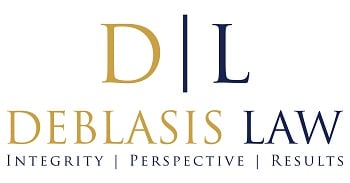It’s been 35 years since the Nursing Home Reform Act (NHRA) become law. It provides, in part, that a guaranteed payment from family members or others can’t be required for a person to be admitted or allowed to continue to stay.
The Consumer Financial Protection Bureau (CFPB) has recently announced that some debt collection practices by such facilities or those hired by them violate the Fair Debt Collection Practices Act (FDCPA) and the Fair Credit Reporting Act (FCRA).
The CFPB is working to call attention to the problem
The CFPB says that it wants to highlight “some of the difficulties and experiences heard from caregivers about being pursued over friends’ or family members’ alleged debts from nursing home facilities.”
The CFPB notes that it doesn’t have the authority to enforce the NHRA. However, by issuing a series of circulars, it’s attempting to remind collectors and consumers that the law bans “requesting or requiring a third-party guarantee of payment.”
Such actions can violate the FDCPA (which is enforced by the CFPB) – specifically the prohibition of “false, deceptive, or misleading representation or means in connection with the collection of any debt.” Further, if a collector for a nursing home or collection agency reports a debt for someone who’s not legally required to pay it, they could be violating the FCRA.
The CFPB and CMS have teamed up to remind nursing homes of the law
The CFPB also issued a joint letter with the Centers for Medicare and Medicaid Services (CMS) that cautions nursing homes and their collection agencies to ensure that they are complying with all relevant state and federal laws like the three we’ve discussed here. If they don’t, they can face enforcement actions on both of these levels. Those pursued illegally for debts also may have the option to file civil lawsuits.
Nursing home debts can be tricky and complicated to collect. This “alphabet soup” of laws and federal agencies can make keeping with the requirements challenging. If you have questions or are facing enforcement action, it’s crucial to seek experienced legal guidance.
